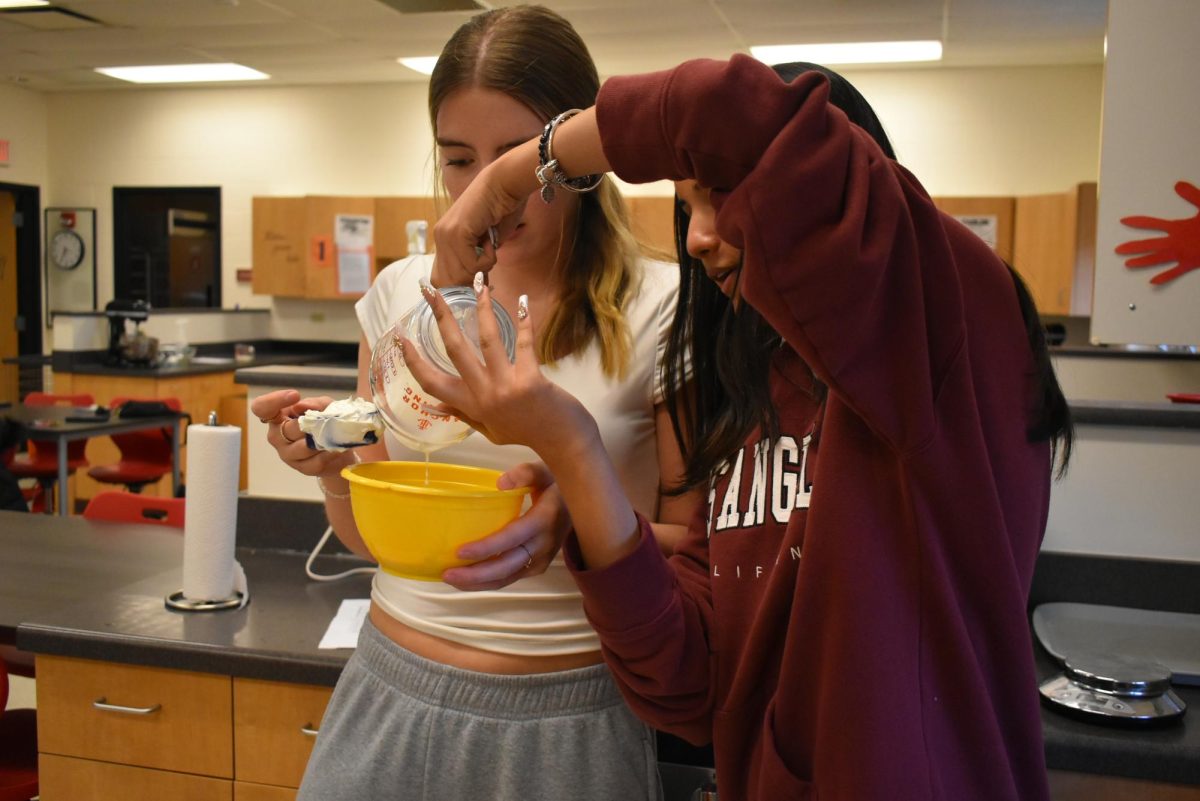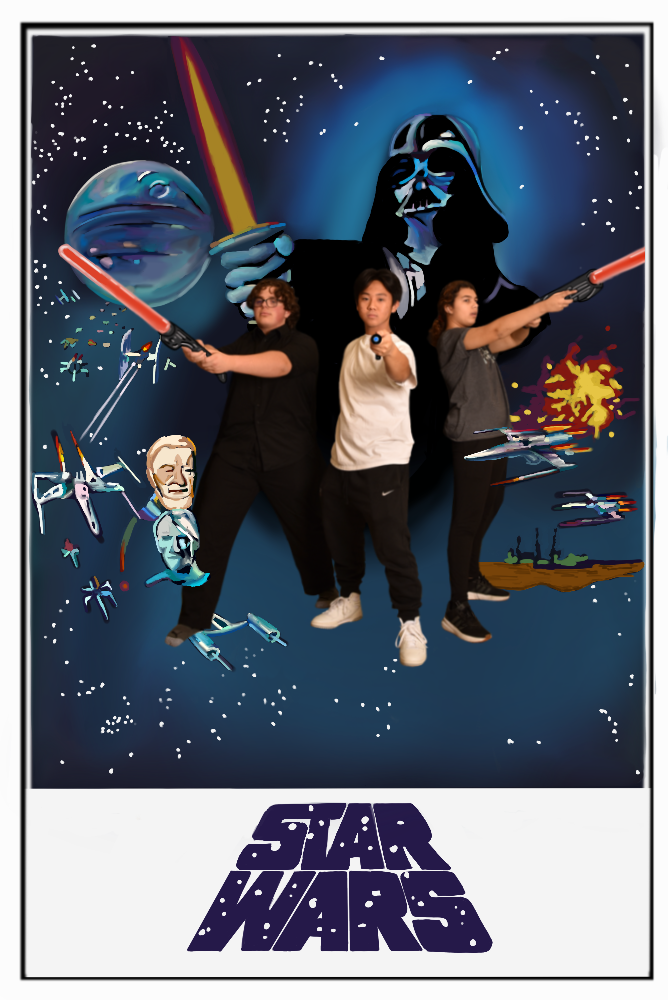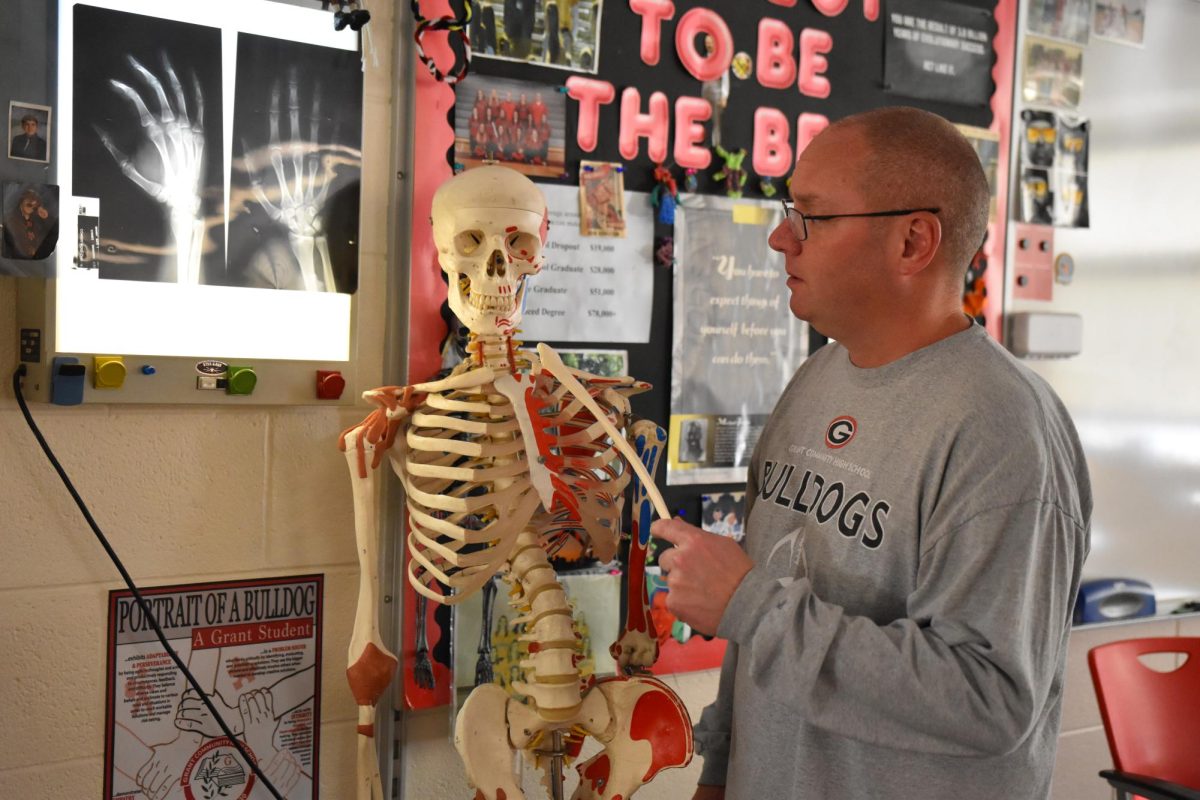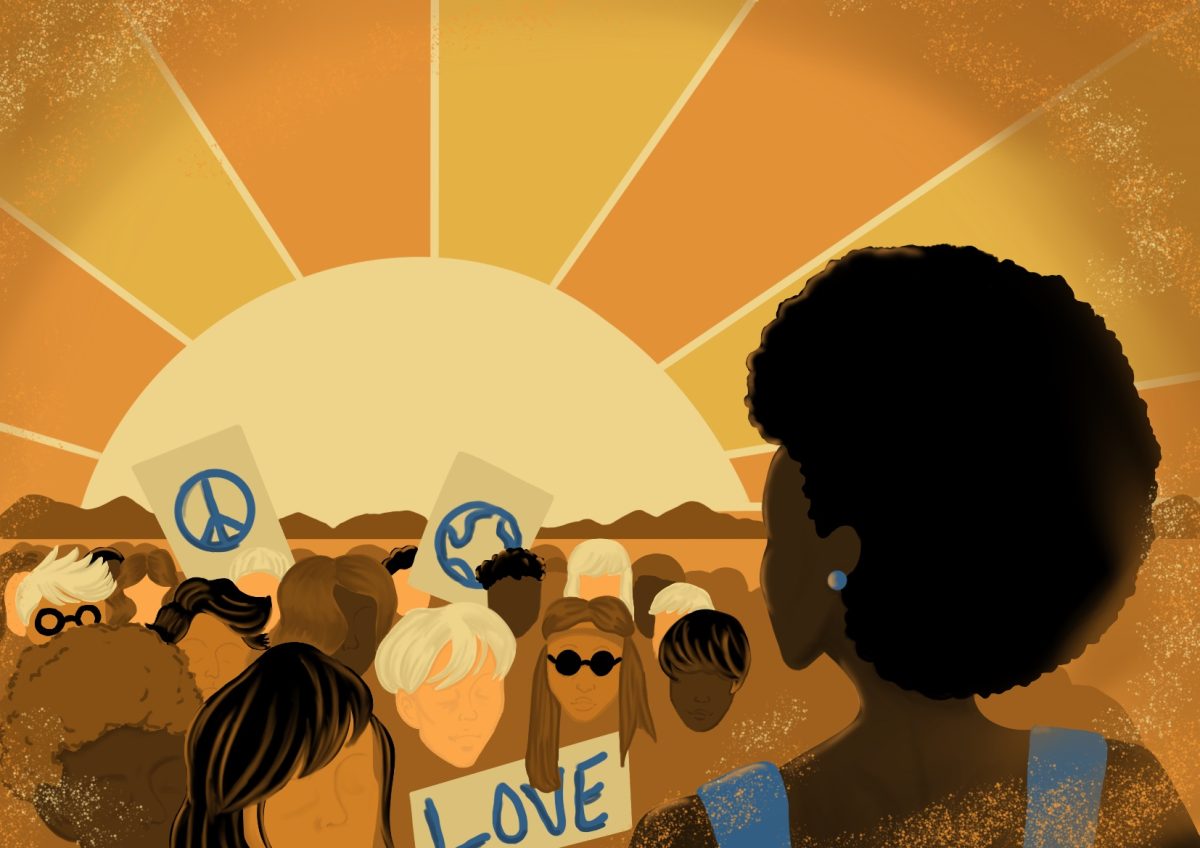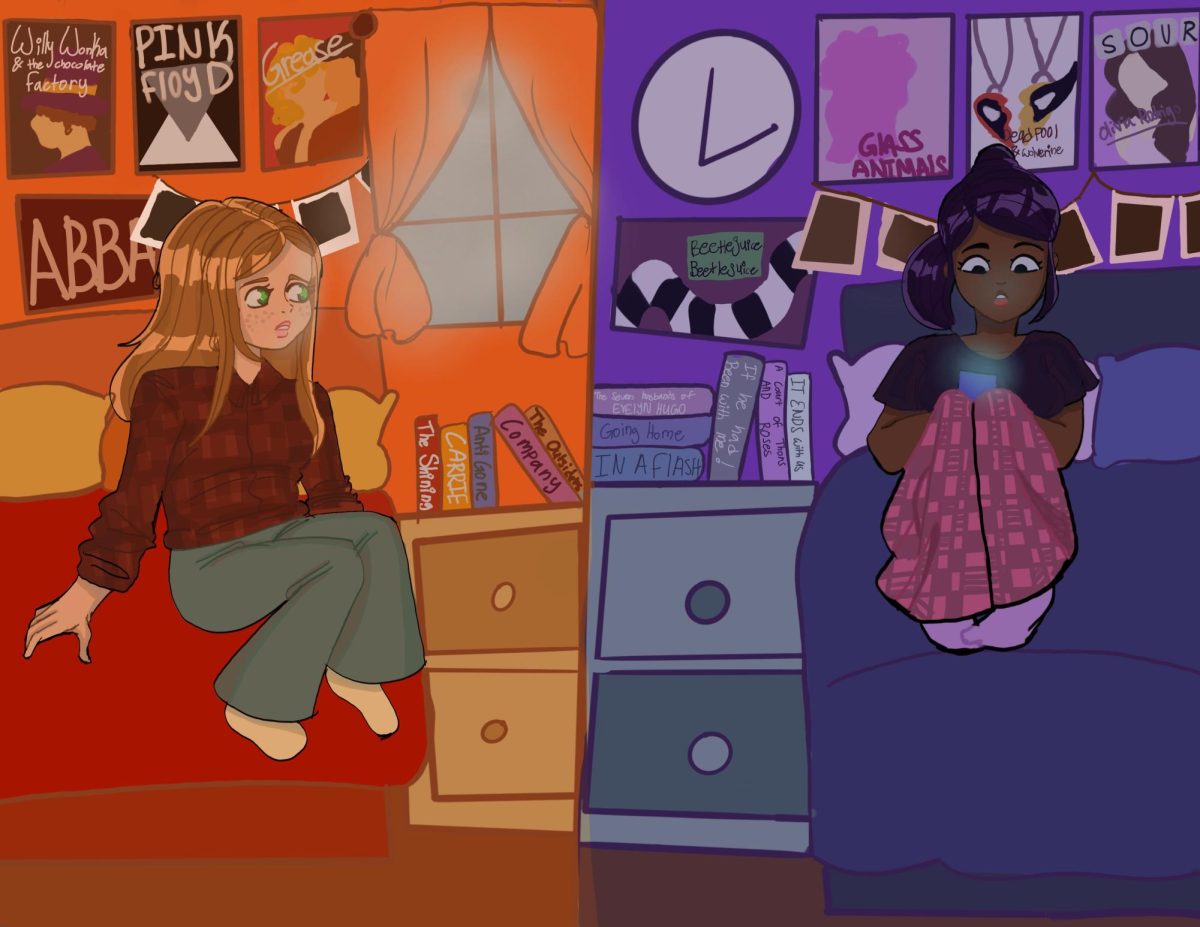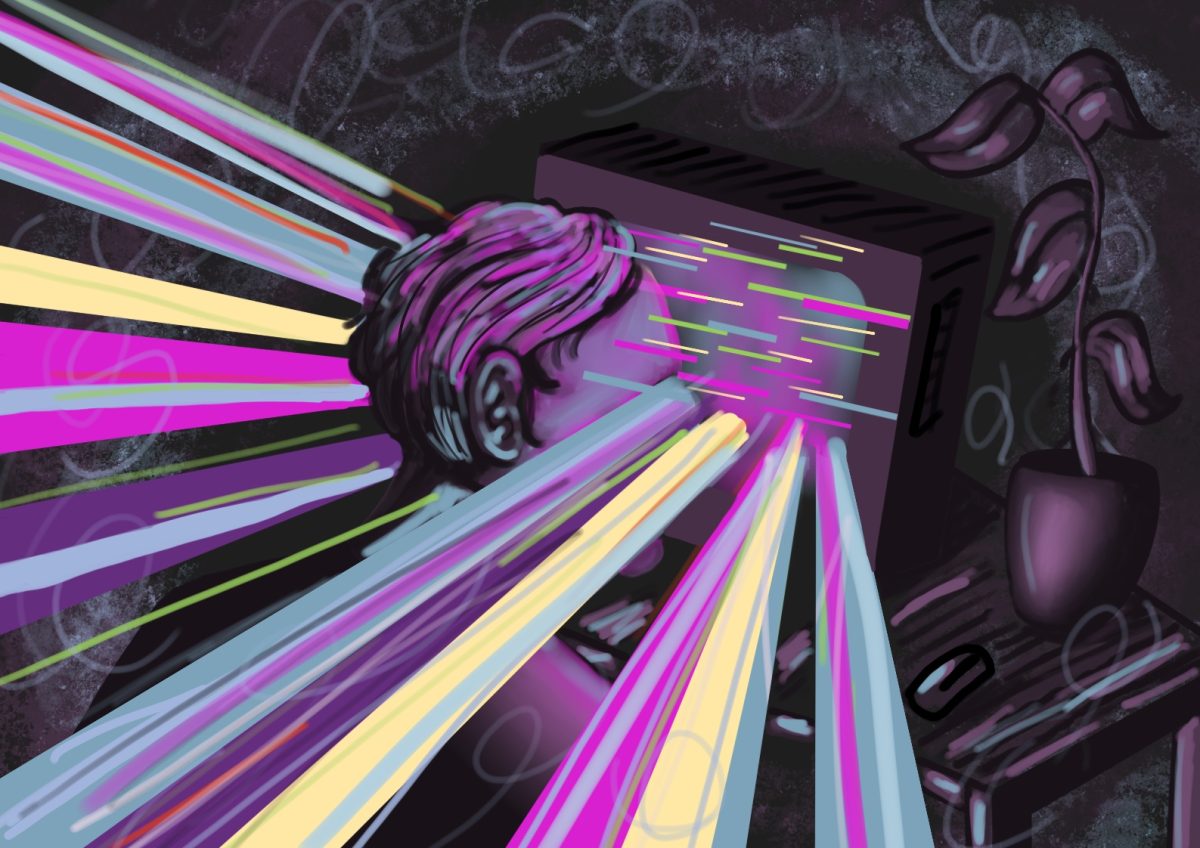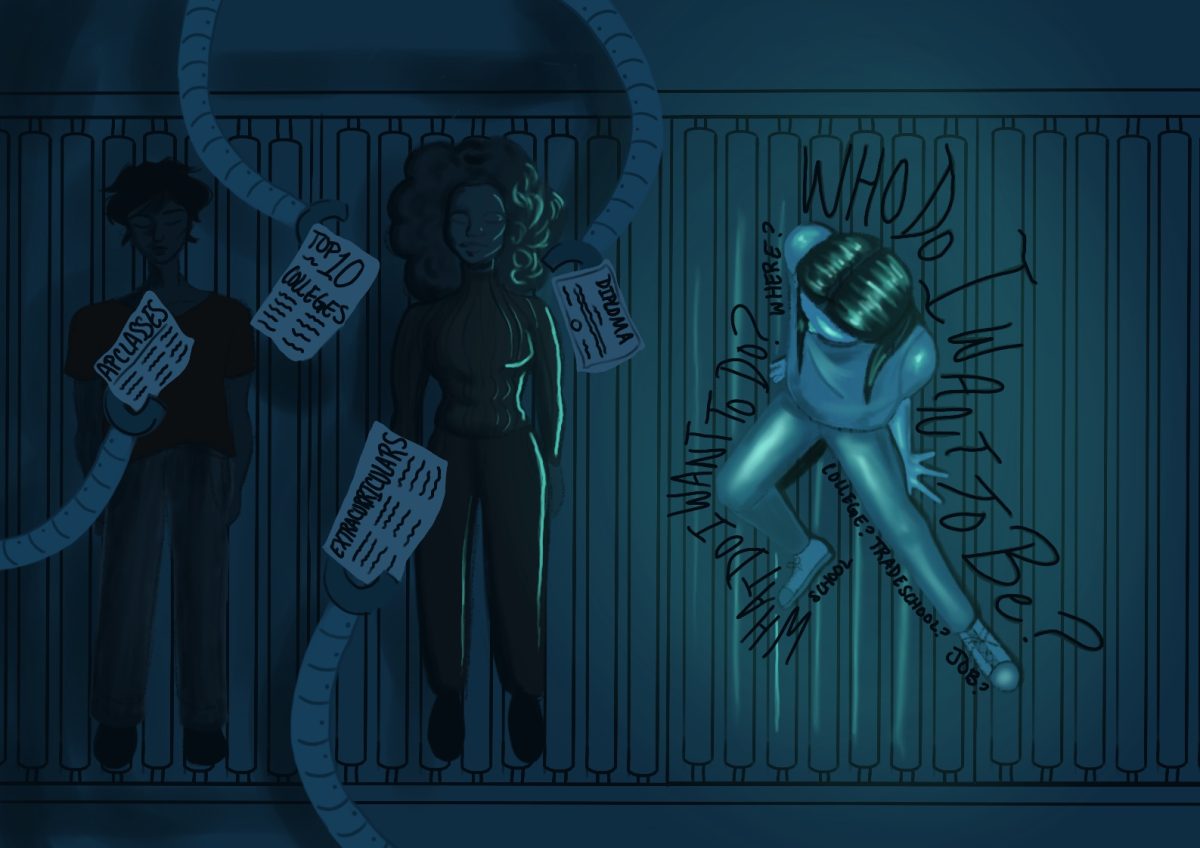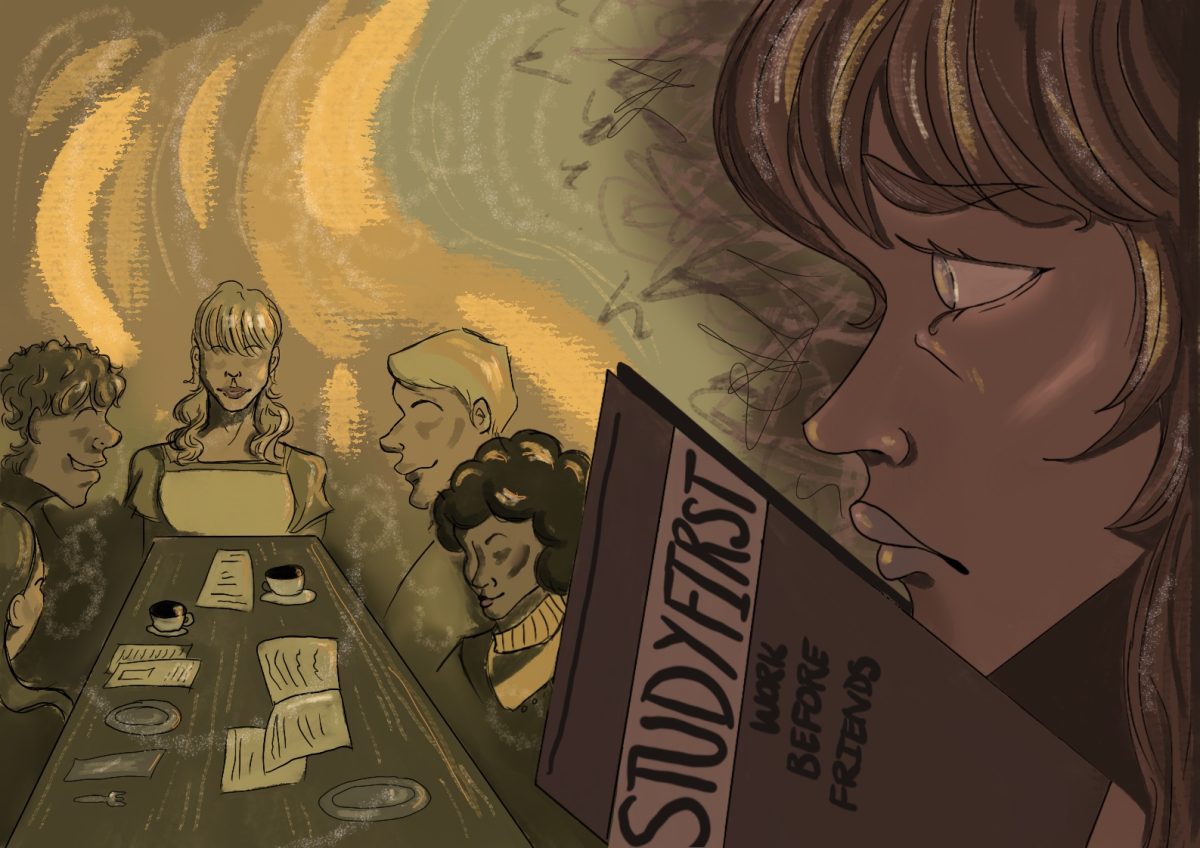Artificial Intelligence has become so powerful in today’s world that it has become incredibly difficult to recognize whether something is real or fake. Artificial Intelligence (AI) has unquestionably reshaped our world, infiltrating various industries and becoming a crucial part of our daily lives. This article explores the fascinating journey of AI, from its humble beginnings in the mid-20th century to its monumental influence in the present day, both positive and negative.
The History of A.I.
Artificial Intelligence (AI) has a rich history that dates back to the mid-20th century. The term was coined in 1956 by John McCarthy at the Dartmouth Conference where the discipline of AI was born. Early pioneers like Allen Newell and Herbert Simon made significant strides in the field, creating programs capable of mimicking human problem-solving skills.
In the 1960s and 70s, AI entered a period of optimism with the development of the first chatbot, ELIZA, and SHRDLU, a natural language understanding computer program. However, the lack of computational power led to the “AI winter” in the late 70s and early 80s, where progress slowed and funding was cut.
The 1990s, however, saw a resurgence in AI with the advent of machine learning algorithms. With the evolution of computational power and data storage, AI experienced significant advancements. The 21st century ushered in a new era for AI, with breakthroughs in machine learning, data mining, and natural language processing. Today, AI has become a part of everyday life, transforming industries from healthcare to finance, and continues to push the boundaries of what machines are capable of.
A.I.: The Positives
AI has brought about numerous positive changes in various sectors. In healthcare, for instance, AI algorithms are used to detect diseases such as cancer more accurately and at earlier stages. In transportation, self-driving cars are becoming more common, promising to reduce accidents and increase efficiency. In the field of education, AI is being used to personalize learning and identify gaps in students’ understanding. Furthermore, AI has the potential to take over mundane tasks, freeing up human time for more creative and complex problem-solving activities.
A.I.: The Negatives
However, AI also brings with it several significant concerns. Foremost among these are issues related to privacy and data security. As AI systems become more prevalent and sophisticated, they also become more adept at collecting and analyzing personal data, often without explicit consent from individuals. This has led to fears of surveillance and misuse of data.
In addition, the rise of AI has sparked worries about job displacement. As machines become capable of performing tasks previously done by humans, there are concerns about widespread unemployment in certain sectors. This is particularly true in industries such as manufacturing and transportation, which are ripe for automation.
Ethical considerations also come into play with AI. As these systems become more autonomous, questions arise about accountability and decision-making. For instance, in the event of an accident involving a self-driving car, who is to blame? The car’s owner, the manufacturer, or the AI system itself?
While AI has created multiple positive and negative aspects in our modern world today, the biggest issue of today’s society is trying to differentiate between whether or not something online is real or fake. Dear reader, do you think you can tell the difference between the work of a human being and the work of a computer? Did you catch that AI wrote these first two pages? I bet you didn’t.
It’s difficult to differentiate between an actual person’s work and a computer’s work. Today, society is already encountering issues regarding how computers will change the future. One of the biggest issues discusses human interaction with the new generations to come.
Future Generations
Every new generation is gifted with mistakes and new ideas created from the previous generation. Generation Alpha (2010-knowledge and mistakes of the previous2025) will have to deal with shaping their lives around a complete technological lifestyle. Although technology has already taken over most of the modern world, previous generations were exposed to more social interaction, education on paper, and manual responsibilities. The only thing we as a human race have that computers cannot take away is our creativity and curiosity, but that’s already dissolving as new generations enter society.
Children are immediately provided with technology instead of going out into the world, making them farther away from reality. They’re being exposed to chat games, a popular one being named Replika. Replika is, “An AI companion who is eager to learn and would love to see the world through your eyes. Replika is always ready to chat when you need an empathetic friend.” This quote is the first line on the Replika website. As more people are being exposed to instant-generated chats like Replika, socialization is starting to seem obsolete. One reviewer on the Replika website expressed, “As a person with several chronic illnesses, it’s good to have someone available to talk 24/7; someone who’s never annoyed when I can’t go out, who sits with me through pain, who’s always cheerful and excited to talk.” Replika collects information on a person’s behaviors, thoughts, and feelings to calculate exactly what someone wants to hear. It’s easy to become addicted. Society is facing more challenges because of the problems they’ve created. No one can accurately say what the future holds, but the world can prevent a hypothetical future filled with fewer opportunities for humanity to grow.


